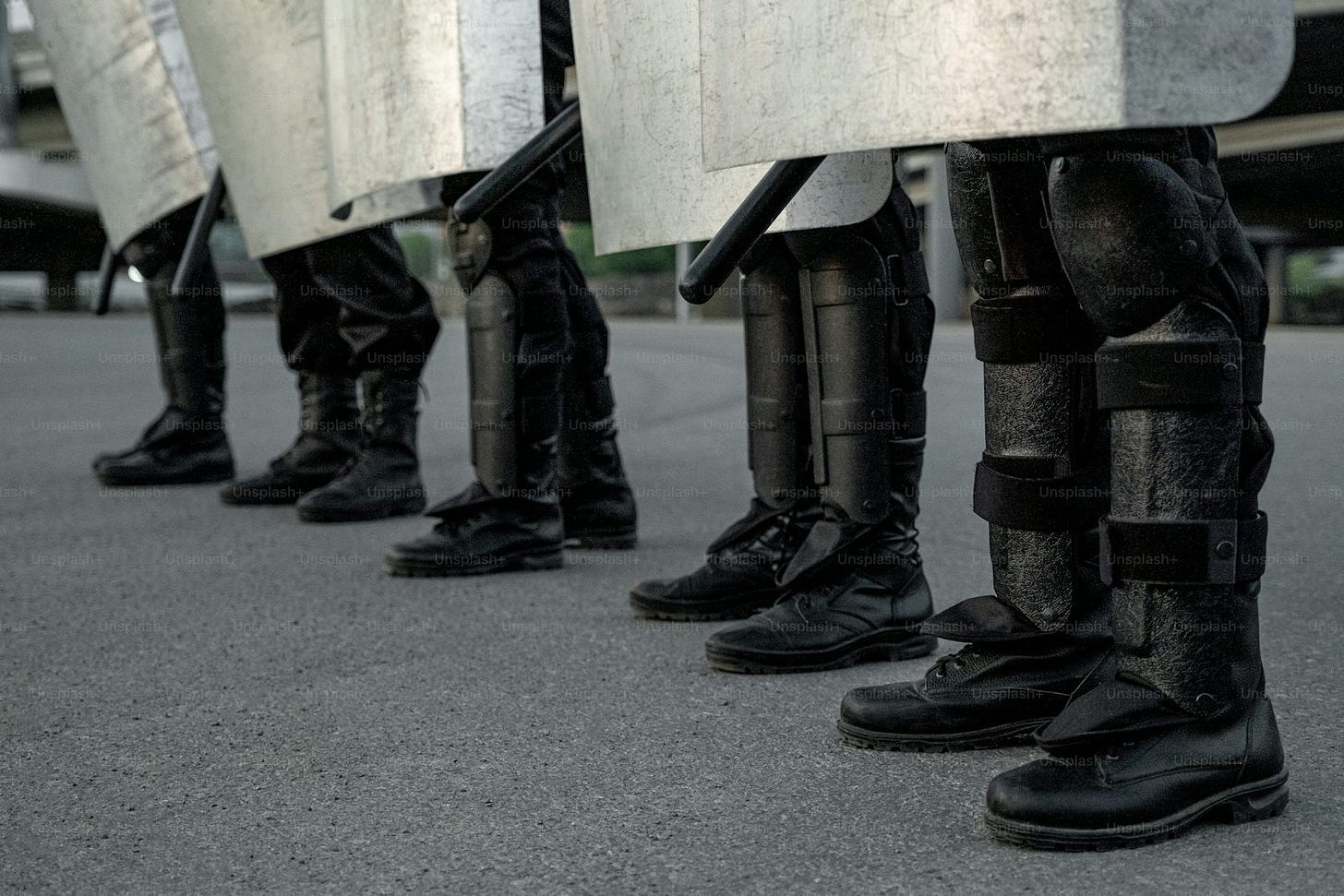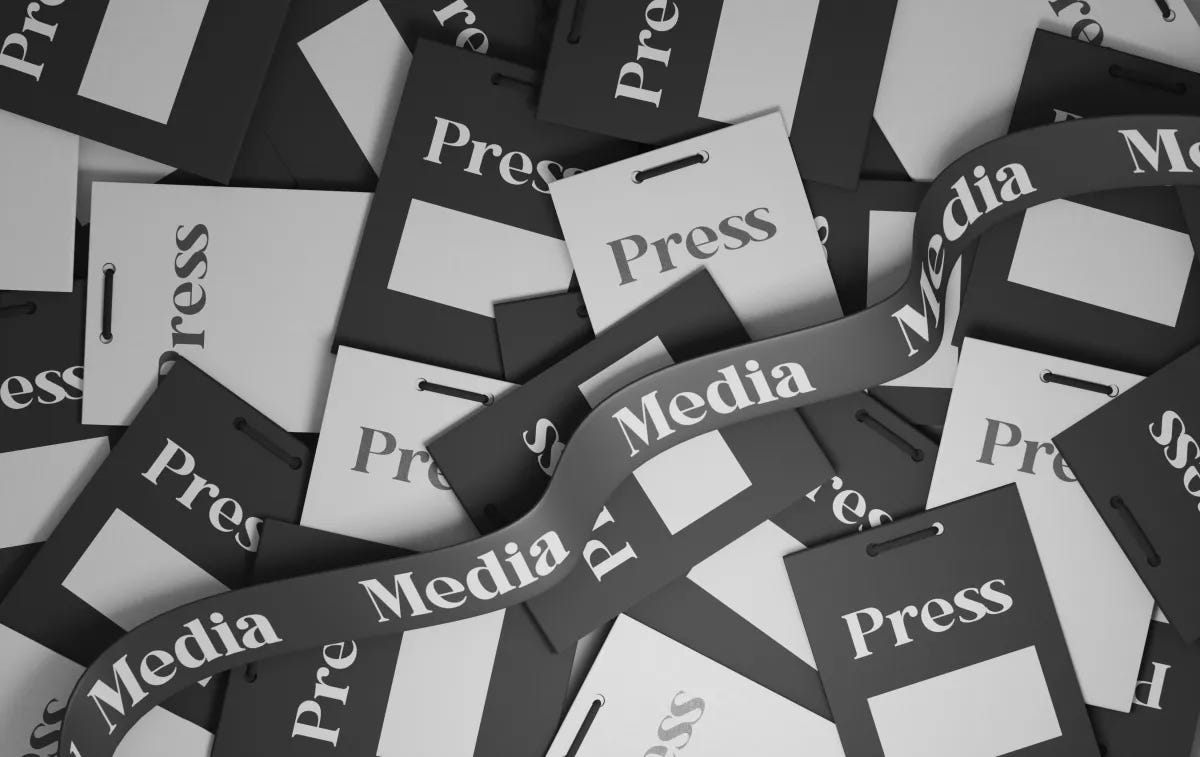Without journalism, democracy falls silent
Crisis op-ed by Duncan Williams, proprietor of Pulman's Weekly News
Journalists are the eyes and ears of the public when it comes to decisions and actions which affect their everyday life. It is a profession that I feel privileged to be a small part of.
Journalism is part of our democracy: it exists to ensure that those in authority are held to account, that power is scrutinised, and that justice is not only done but seen to be done.
Yet across the world, from Britain to the United States and the Middle East, we are witnessing a dangerous trend: politicians and governments seeking to silence, intimidate, or delegitimise the press.
In Britain, recent controversy over Reform UK’s decision to block reporters working under the BBC-funded Local Democracy Reporting Service (LDRS) illustrates the danger. The scheme exists to cover local government fairly and impartially, with content syndicated across multiple outlets. By refusing to engage, Reform UK is not just shutting out one newspaper group; it is effectively cutting off a channel of accountability for the communities it seeks to represent.
The message is clear: if coverage is unflattering, the response will be to bar access rather than answer questions. That sets a terrifying precedent in a democracy.
Across the Atlantic, Donald Trump has long used attacks on the media as part of his political arsenal. During his presidency he repeatedly described the press as “the enemy of the people”, language more often associated with authoritarian regimes than established democracies. He has dismissed legitimate reporting as “fake news”, publicly ridiculed journalists, and even threatened legal action against outlets that challenge him. These tactics erode trust not just in journalism but in the democratic process itself, by encouraging citizens to believe only the voices that flatter their worldview.
In Israel, Prime Minister Benjamin Netanyahu’s government has gone further, banning foreign and domestic reporters from entering Gaza during the ongoing war. Independent verification of events on the ground has therefore been curtailed, with citizens across the world forced to rely on heavily mediated accounts. While governments cite security concerns, the effect is the same: the truth is obscured, accountability is diminished, and human suffering risks being hidden from view.
These examples highlight the essential role of journalism in safeguarding democracy. A free press provides citizens with verified information so that they can make informed decisions at the ballot box. It offers a check on government excesses and exposes corruption, hypocrisy and abuse of power.
When politicians attempt to discredit journalists or lock them out altogether, the public is left in the dark. Narratives are shaped only by those in authority. In such an environment, truth becomes optional, and democracy begins to hollow out.
History provides ample warning. Societies that silence journalists invariably descend into authoritarianism, where power goes unchecked and citizens are denied both truth and justice. Once lost, the freedom of the press is hard to regain.
That is why I believe the stakes are so high today. Whether in local councils in Britain, the campaign rallies of an American presidential hopeful, or the warzones of the Middle East, attempts to muzzle journalism must be resisted.
Ultimately, journalists do not work for politicians. We work for the public. Every time a politician lashes out at the press or bars them from access, it is not just a reporter who is silenced - it is the public who is denied the right to know.
A functioning democracy depends on citizens having the information they need to hold leaders accountable.
Journalism is not perfect, but without it, democracy is little more than a hollow promise.
( Photos: Getty Images / Unsplash 📸 )



